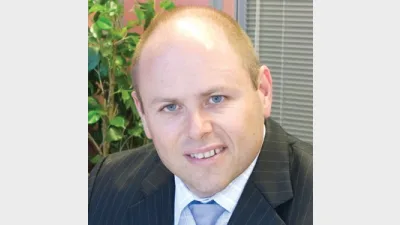Grandfathering still hindering quality advice



The grandfathering problems that plagued the advice space a year ago continue to stymy advisers and remain a heavy burden on consumer choice, the Association of Financial Advisers (AFA) says.
The provisions could force consumers who retain their adviser to switch to a new product if that adviser moves to a new practice, according to the AFA’s CEO Brad Fox.
“This could have serious consequences for the consumer in terms of capital gains tax, reduced insurance benefits or hefty exit fees,” Fox said.
“This means that better licensees can’t attract advisers and poor performing licensees are retaining advisers who want to leave. It has removed open market competition at a critical time.”
“The grandfathering problem, known as Hotel California occurs because grandfathering makes it difficult for advisers to leave their current licensee.”
However, Fox said he was confident that the problem would be overturned.
The Minister for Finance and Acting Assistant Treasurer, Senator Mathias Cormann, today announced he would clarify grandfathering provisions, along with other Future of Financial Advice (FOFA) changes due to take effect on July 1 this year.
Fox said: “The good news is that both sides of politics have indicated a willingness to address this issue as an unintended consequence of the original FOFA regulations.”
Recommended for you
The top five licensees are demonstrating a “strong recovery” from losses in the first half of the year, and the gap is narrowing between their respective adviser numbers.
With many advisers preparing to retire or sell up, business advisory firm Business Health believes advisers need to take a proactive approach to informing their clients of succession plans.
Retirement commentators have flagged that almost a third of Australians over 50 are unprepared for the longevity of retirement and are falling behind APAC peers in their preparations and advice engagement.
As private markets continue to garner investor interest, Netwealth’s series of private market reports have revealed how much advisers and wealth managers are allocating, as well as a growing attraction to evergreen funds.











